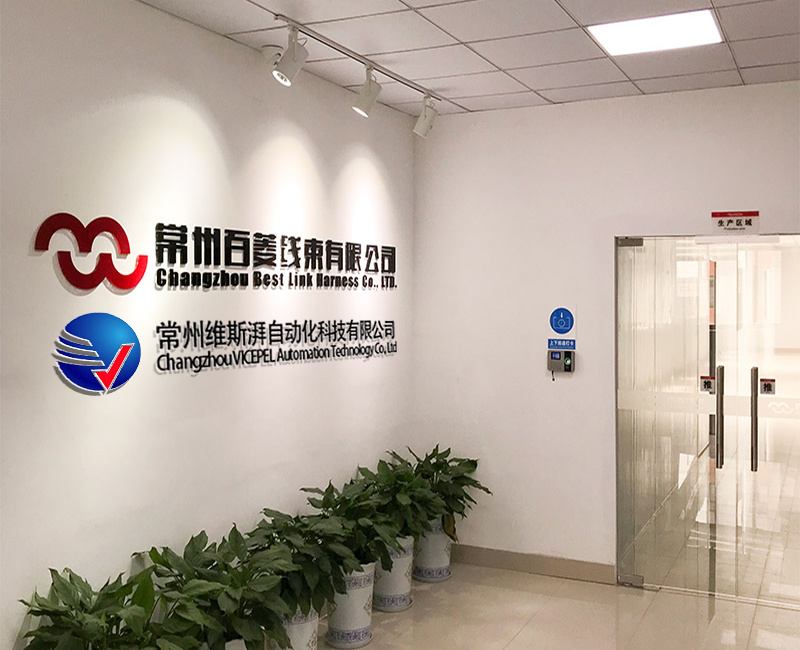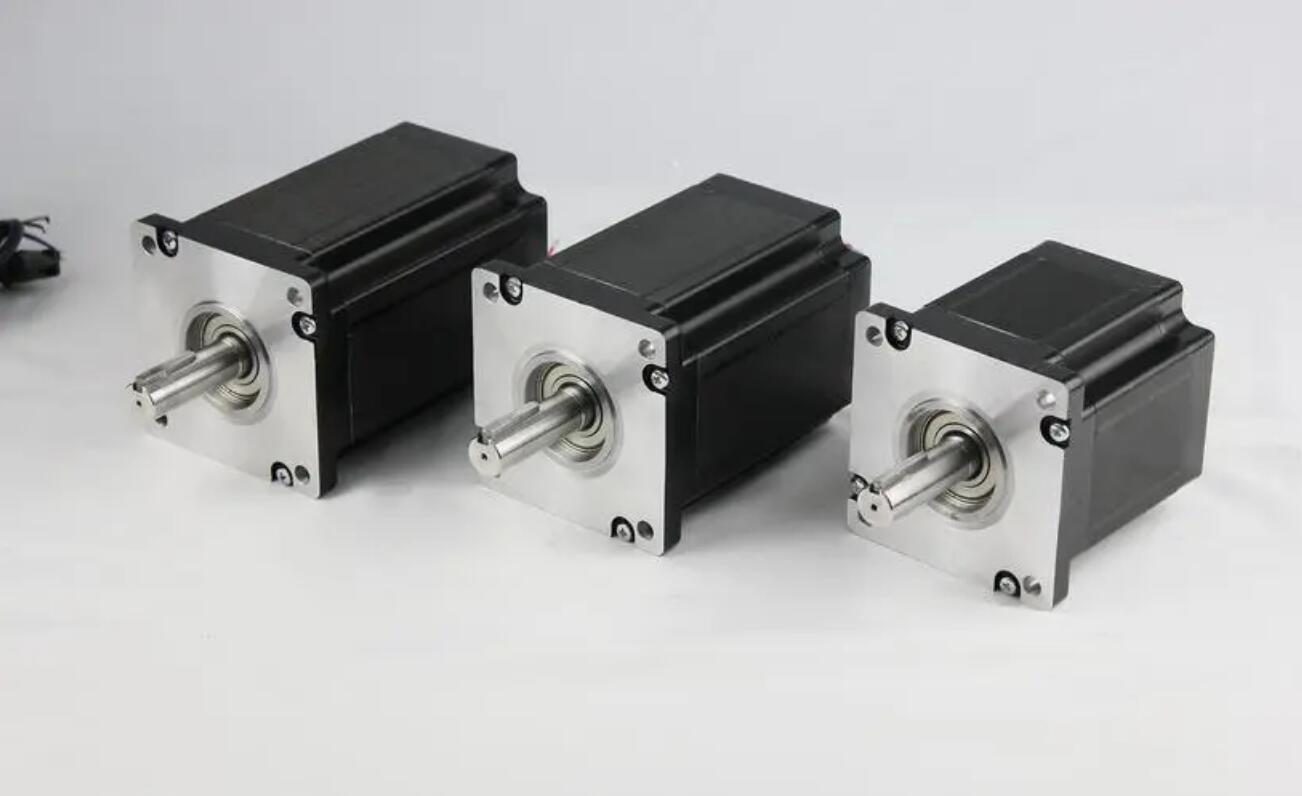News
Understanding E-Bike Lithium Battery Signal Control Wires: A Comprehensive Guide
TIME:
2024-09-21 10:00
In the ever-evolving world of electric bicycles, the role of lithium batteries cannot be overstated. Central to the operation of E-bikes, these batteries rely on a network of signal control wires to function correctly. Understanding the significance of these wires is crucial for professionals involved in the automotive electronics industry, particularly in the manufacturing and maintenance of wiring harnesses.
Signal control wires serve as the communication backbone between the lithium battery and the various components of the E-bike. These wires transmit essential data regarding battery status, charge levels, and temperature readings. By facilitating real-time feedback, they ensure that the bike operates efficiently and safely, preventing issues that could lead to battery damage or decreased performance.
One of the main advantages of using lithium batteries in E-bikes is their lightweight nature and higher energy density compared to traditional lead-acid batteries. However, to maximize these benefits, the signal control wires must be of high quality and appropriately insulated. Poor insulation can lead to short circuits or electrical interference, which can adversely affect performance. Therefore, selecting the right materials for these wires is essential to ensure durability and reliability.
The construction of signal control wires typically includes a core wire, usually made of copper or aluminum, which provides excellent conductivity. This core is often surrounded by insulation made from materials like PVC or rubber, designed to withstand various environmental conditions. Additionally, some E-bike systems incorporate shielding around the wires to prevent electromagnetic interference, ensuring that the signals remain clear and uninterrupted.
Maintenance of signal control wires should not be overlooked. Regular inspections for wear and tear, including checking for frayed insulation or loose connections, can help prevent unexpected failures. Ensuring that connections are clean and secure is vital, as poor connections can lead to erratic behavior of the E-bike's electronic systems.
As the E-bike market continues to expand, understanding the nuances of lithium battery signal control wires becomes increasingly important for industry professionals. This knowledge not only empowers manufacturers and technicians to create better products but also enhances the overall reliability and safety of electric bicycles.
In conclusion, signal control wires for E-bike lithium batteries are pivotal in ensuring efficient communication between critical components. By prioritizing quality materials, regular maintenance, and a thorough understanding of their function, industry professionals can contribute significantly to the growth and safety of the E-bike sector.
Signal control wires serve as the communication backbone between the lithium battery and the various components of the E-bike. These wires transmit essential data regarding battery status, charge levels, and temperature readings. By facilitating real-time feedback, they ensure that the bike operates efficiently and safely, preventing issues that could lead to battery damage or decreased performance.
One of the main advantages of using lithium batteries in E-bikes is their lightweight nature and higher energy density compared to traditional lead-acid batteries. However, to maximize these benefits, the signal control wires must be of high quality and appropriately insulated. Poor insulation can lead to short circuits or electrical interference, which can adversely affect performance. Therefore, selecting the right materials for these wires is essential to ensure durability and reliability.
The construction of signal control wires typically includes a core wire, usually made of copper or aluminum, which provides excellent conductivity. This core is often surrounded by insulation made from materials like PVC or rubber, designed to withstand various environmental conditions. Additionally, some E-bike systems incorporate shielding around the wires to prevent electromagnetic interference, ensuring that the signals remain clear and uninterrupted.
Maintenance of signal control wires should not be overlooked. Regular inspections for wear and tear, including checking for frayed insulation or loose connections, can help prevent unexpected failures. Ensuring that connections are clean and secure is vital, as poor connections can lead to erratic behavior of the E-bike's electronic systems.
As the E-bike market continues to expand, understanding the nuances of lithium battery signal control wires becomes increasingly important for industry professionals. This knowledge not only empowers manufacturers and technicians to create better products but also enhances the overall reliability and safety of electric bicycles.
In conclusion, signal control wires for E-bike lithium batteries are pivotal in ensuring efficient communication between critical components. By prioritizing quality materials, regular maintenance, and a thorough understanding of their function, industry professionals can contribute significantly to the growth and safety of the E-bike sector.
Related news


















 Lingtech@163.com
Lingtech@163.com
 0086-13861037909
0086-13861037909
 Message
Message

